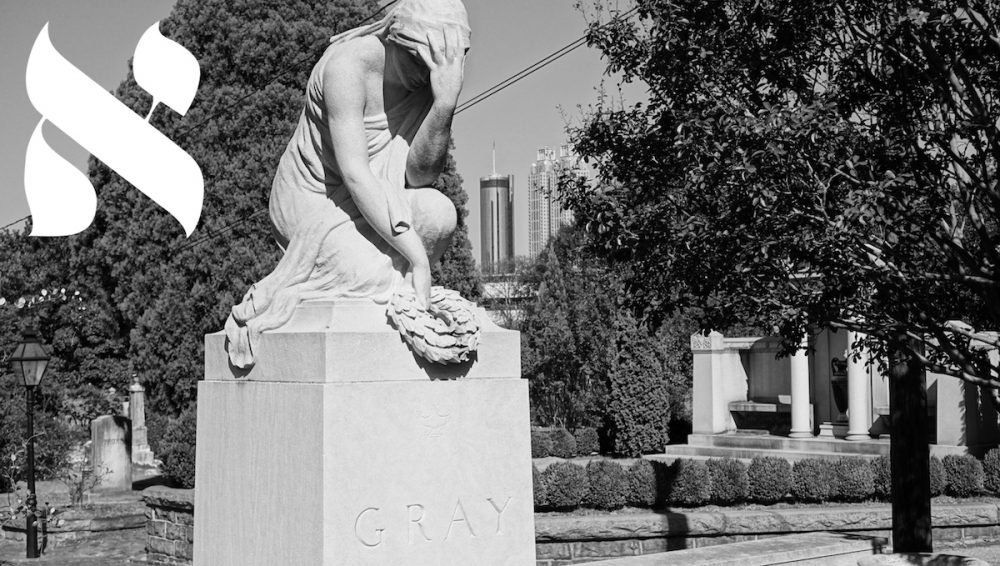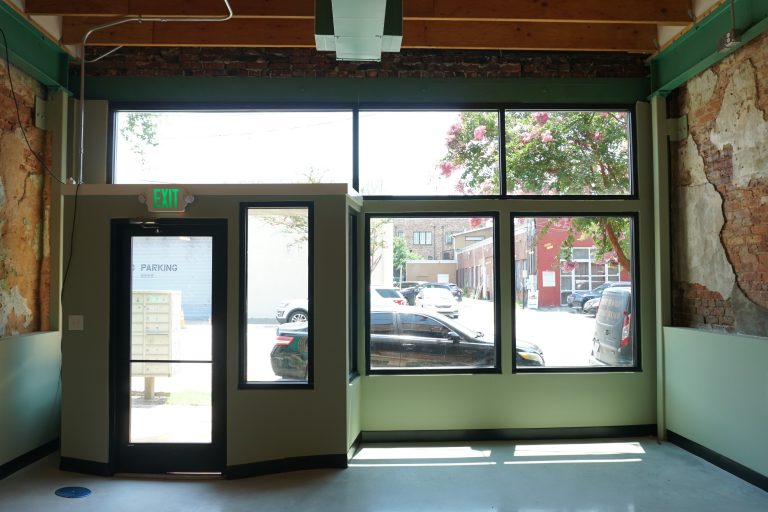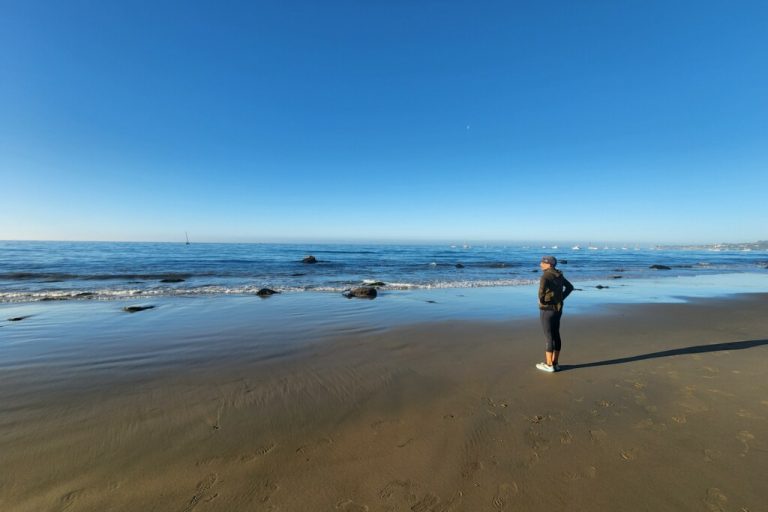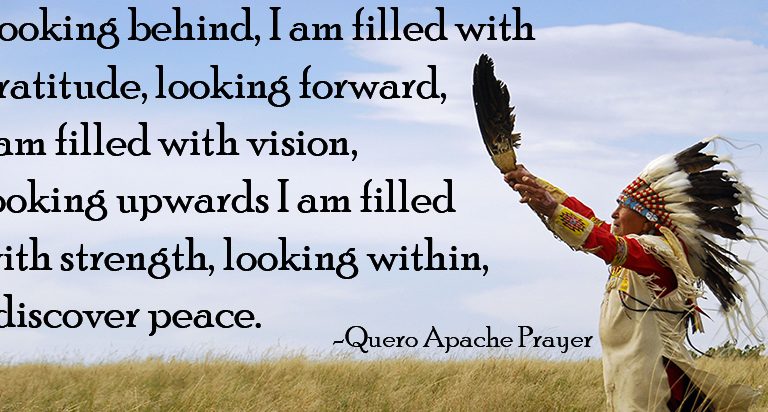B’reishit bara Elohim. In the beginning of… [1]
Language is everything. It informs the way we think, create, and order our world. When we have a word, an image comes to mind. From that image, we can bring forth physical reality.
English is a limited language both in its written conveyance and in its oral transfer. Our letters convey no real sense of meaning outside of a phonetic one meant to be spoken. We have few words for what is really important to our survival as a species. Because of this, we stumble through the world dependent on our limited senses. A curious few possess a deeper knowledge that informs their actions, but mostly we fail to create with the gravity that life demands.
In the beginning was the Word, and the Word was with God, and the Word was God. [2]
Regardless of your religious leanings, our culture relies heavily on Judeo-Christian interpretations of reality. What’s so threatening about other languages in a world seen through this lens? When we’re steeped in a[n English speaking] culture that has prized competition over creation, language can be threatening.
Language is creation.
It shapes how we react, how we remember, how we define space, how we design our environment, and if we are conscious of that as individuals we become more intensely aware and attuned to the power we possess. What happens when we start to prize creation over competition? The systems presented to our generation as fait accompli with regards to money, religion, and class start to fall apart as creations that can be entirely replaced. Our energies around creation have been diverted to competition to keep us from assuming our rightful position as entities with amazing individual power to create a more harmonious and beautiful world.
We are the creators of our world. [3]
Language determines thought. Thought shapes reality. Culture shapes thought. Language exists in a state of relativity. But it’s not just how we think about situations and things or what we call an object, it is the weight we give it. The significance of the thing positions it in a hierarchy that we either worship and revere, despise and destroy, or relegate to irrelevancy. This shapes our reactions and where we place our attention. Beyond linguistic relativity, what is just as important is the linguistic force. Cognitive science and quantum physics encapsulate the evolution of humanity and inform our ability to transform our world.
Maps as urban language. [4]
The maps we have no longer serve us, much in the way that language from the 1600s falls short in illustrating and navigating the world we live in. We no longer have the luxury to design cities by adding buildings arbitrarily or assuming that cars are the only form of logical transportation. We must create new maps based on new understandings that are less about creating hierarchies of importance for how we are socially and physically organized and more about creating harmony.
I cringe when I hear people decry preservation at all costs. Preservation of what? If we are not going to learn from history, then what is the point of monumentalizing it? Why not start to monumentalize our future instead of our past? What are we in the process of becoming? How do we want to be seen by our great-grandchildren? How can we design for harmony with the environment in which we live as well as with the humans we occupy it with?
We must become the great ancestors that we wanted to have and stop monumentalizing buildings that are made of toxic materials and that fit together to form divisions across the urban landscape. The Beltline is prized for its linear harmony whereas highways and train tracks in Atlanta still serve to divide the city in disjointed and highly racialized ways.
Architecture as a map of society. [5]
How do we decide where to place the buildings that we build? Atlanta grew organically from the beginning. When planning began to be implemented, it was done so from a segregationist point of view. Money flows where power flows. Historically, power, with respect to the urban landscape, had been used to destroy concentrated power within African American communities and to augment concentrated power within white communities. This physically resulted in enduring monumental architecture erected by the [white] commercial sector and a degradation of architecture as it related to the African American community.
In the beginning was the word, and the word was with Us and the word is how We order the world and create new beginnings that our future selves smiled upon.
We used our language to design in new ways. We created words to draw into reality a new future, one that has kept us healthy and safe from the divisiveness that allowed sickness and violence to thrive; one that illuminated our similarities and brought more creation because of our differences.
We used our new words to design beautiful great cities. We filled our great new cities with harmonious architecture. Our children marveled at the playfulness and unity that infused them with joy.
Everything we see today was made because someone first spoke it into existence. We organize society based on the words we use to bring new ideas into creation. Our new world requires new words and new language so we can begin to build a new future independent of what no longer serves us from the past.
We created new words for sharing rides. We created new words for sharing workspace. We need new words for sharing streets. What is the new word for sharing our city with the trees? What is our word for sharing water? How are we prioritizing our needs for harmony by using language to jump start how we create the city we want to live in? Are we going to rely only on the business community to create the words and commodify the events, or can we collectively decide on language and democratize its purpose? Let’s start creating the language for the city we want to live in, the peace we want to see, the equitable distribution of shared resources, and the understanding of our interdependence. We are the creators.



